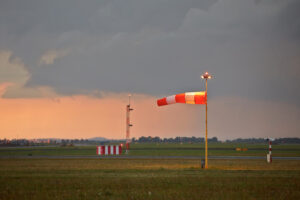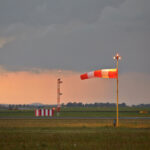Helping your Pilot Medical Avoid a Dive
When I was just starting out in aviation a hundred years ago, my biggest source of anxiety was my pilot medical. Specifically, passing the vision portion. I would stop drinking caffeine 2 weeks before my appointment and I would actually do “eye exercises” to get ready for the big day. Ridiculous, right? As long as the nurse didn’t notice my squinting, I would somehow be able to pull it off and pass. But the stress was always there.
As pilots, our eyesight is one of our most important senses, something we need to protect as well as we can. We all know to wear sunglasses anytime we’re in the sun, flying or not, but there’s a new danger that is just now being understood and it’s due to the proliferation of electronics with screens. It’s called “blue light” and we all need to listen to the warnings.
Blue light is high-energy visible light emitted from digital devices. Overexposure can lead to annoying symptoms such as eye strain, sleep problems, burning or stinging eyes, blurred vision, headaches, physical and mental fatigue, difficulty focusing and neck and shoulder pain. But it may also lead to more serious problems, such as age related macular degeneration, damage to the retina at the back of your eyes, and possibly other serious medical issues and vision problems.
Smart phones, tablets, LED monitors and flat screen TV’s all emit blue light. And that’s just when we’re at home. At work, our modern aircraft are covered in electronic screens. They’re everywhere and unless you live under a rock, your vision is at risk.
So what can we do?
There are several options for reducing our exposure to blue light at home and at work.
- Avoid looking at bright screens 2 – 3 hours before bed
- Install an app that filters blue light at night
- Try to decrease the amount of discretionary time spent in front of these screens
- Screen filters are available for phones, tablets and computer screens
- Use computer glasses with yellow tinted lenses that block blue light
- After cataract surgery, an intraocular lens can be used to protect eyes from blue light
- Use dim red lights for night lights
- The supplements Lutein and Zeaxanthin have been shown to block blue light
Just being aware of blue light and reducing your exposure is a great start to protecting your vision. Oh, and don’t drink caffeine before your pilot medical!
RELATED READING
RELATED CTS TRAINING









